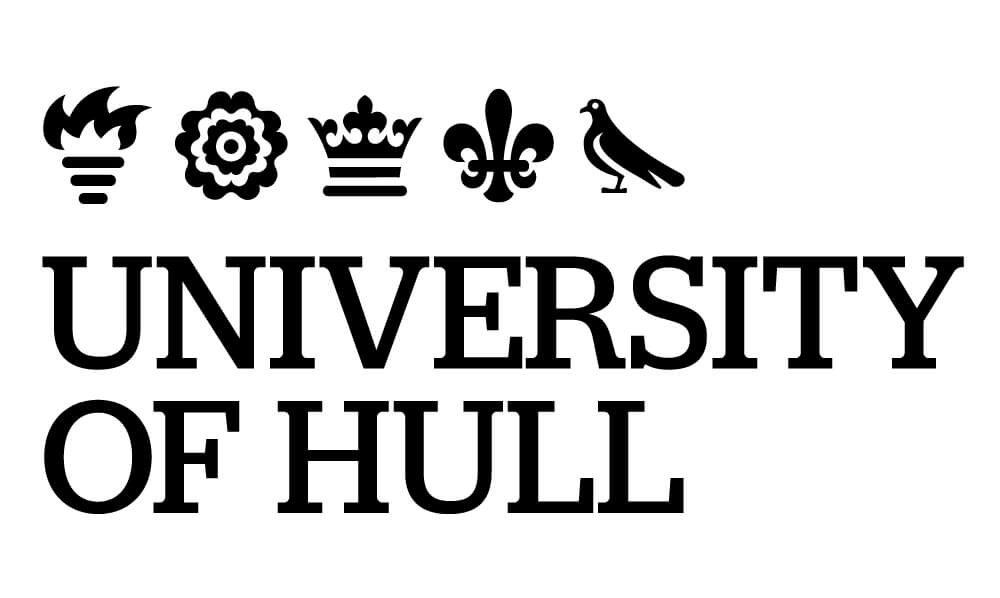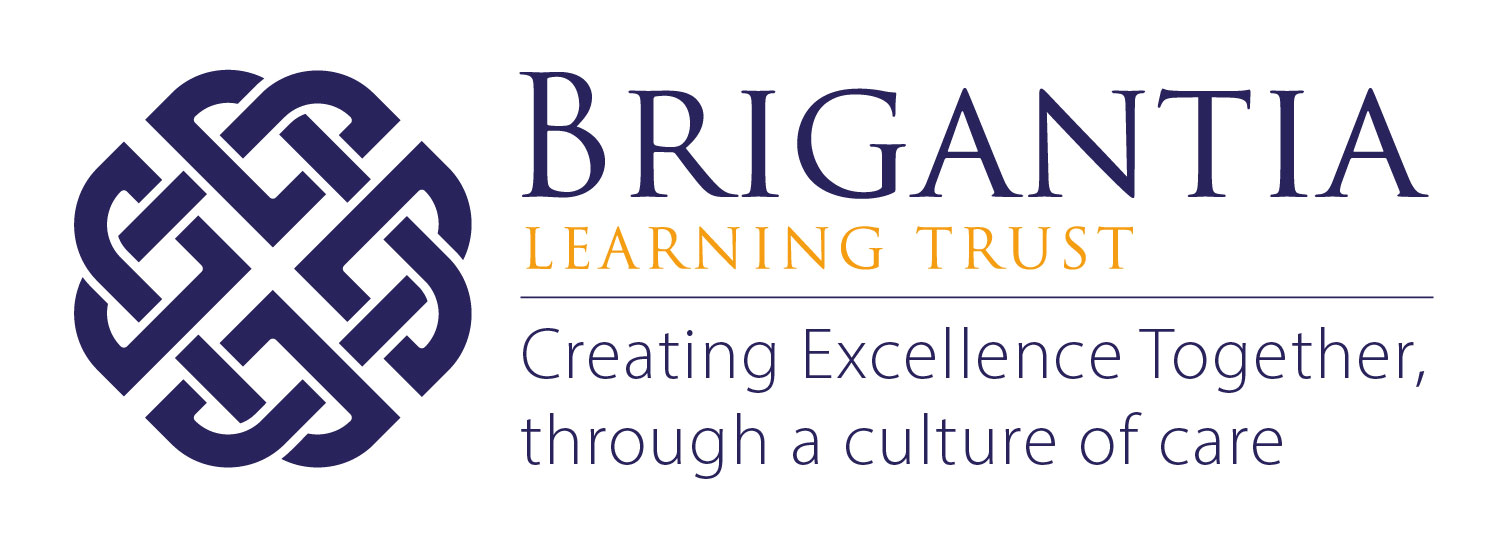Details
- Course: A Level Economics B
- Qualification Type: GCE A/AS Level or Equivalent
- Qualification Level: Level 3
- Course type: Part Time
- Duration: 52 Weeks
- Entry Requirements:
5 GCSEs at grade 4 or above including English and Maths
- Available Dates: 02/09/2025 to 31/07/2027
Overview
Economics is about choice and the impact of our choices on each other. It relates to every aspect of our lives, from the decisions we make as individuals or families to the structures created by governments and firms. An economic way of thinking can help you make better choices.
In Theme 1 and Theme 2 you will be introduced to the nature of economics, how markets work and why they fail, consumer choices and enterprise in the economy. You will also consider the role of banks and life in a global economy.
In Theme 4 and 4 you will explore the impact of globalisation on consumers, firms and the labour market. You will also investigate the role of government and have an opportunity to consider the role and the impact of the financial sector.
Details
Year 1 Topics
Theme 1 - Markets, consumers and firms
The topics covered are - enterprise, business, the economy, scarcity, choice and potential conflicts, introducing the market, the role of credit in the economy, market failure and government intervention, and revenue, costs, profits and cash.
Theme 2 - The wider economic environment
You will cover - business growth and competitive advantage, firms, consumers and the elasticities of demand, productive efficiency, life in a global economy, the economic cycle and introduction to microeconomic policy.
Year 2 Topics
Theme 3 - The Global Economy
You will cover - globalisation, economic factors in business expansion, impact of globalisation on global companies, the impact of globalisation on local and national economies, global labour markets and inequality and redistribution.
Theme 4 - Making Markets Work
Topics covered include - competition and market power, market power and market failure, market failure across the economy, microeconomic policies and impact on firms and individuals and risk and the financial sector.
How will it be delivered?
Final graded exams May/June in year 2
Paper 1 covering Themes 1 & 4
Paper 2 covering themes 2 & 3
Paper 3 covering all 4 themes based on a pre seen context.
Each 2 hours and 100 marks
What can I do next?
Degree courses such as Economics, Economics and Finance, Economics and Business Management, Environmental Economics, Labour Economics and Monetary Economics and International Business.
Economics students can follow a wide range of careers in industry, commerce, finance and the Civil Service. You might choose a career in banking, sales, product management or general management.











